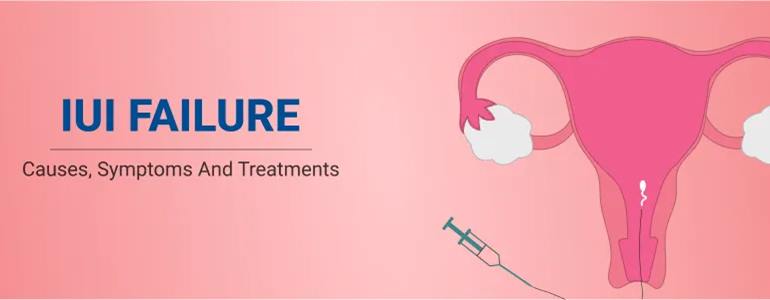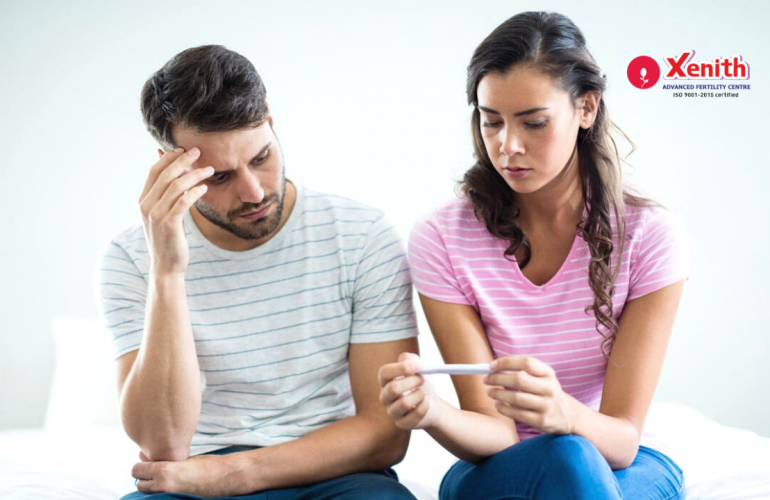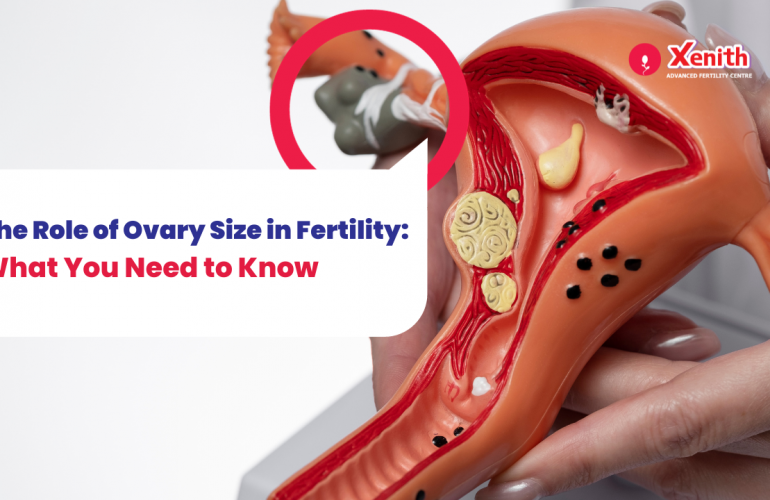Endometriosis is a disorder where tissue similar to the tissue that lines the inside of the uterus (endometrium), grows outside the uterus in places like ovaries, fallopian tubes, bowel, and some other areas in the pelvic region. Like the endometrium which thickens, then breaks down and bleeds monthly during the menstrual cycle, these other rogue tissues also have the same characteristics. But unlike the endometrium where the menstrual blood has an outlet through the vagina, these other tissues have no way to exit the body and gets trapped, leading to possible cysts on ovaries, or irritation of surrounding tissues causing scarring or causing organs in the pelvis to stick to each other. This could cause pain especially during the menstrual cycle and could lead to issues with fertility. Endometriosis has no complete or permanent cure as long as menstruation is still going on, although its symptoms can be managed. The exact cause of endometriosis isn’t known.
Symptoms of endometriosis
Some women suffer from silent endometriosis or they don’t have any symptoms at all and thus it can go undetected for a long time. Others however have pain ranging anywhere from mild to severe. The severity of the pain is not necessarily a good indicator of the severity of the condition. So, a woman having mild endometriosis could have severe pain or someone with advanced endometriosis could have little or no pain. The similarity in symptoms of endometriosis with other conditions like pelvic inflammatory disease, which is an infection of the reproductive organs, or other conditions like irritable bowel syndrome (IBS), which is a chronic gastrointestinal disorder, can prolong diagnosis.
Some of the symptoms of endometriosis could include:
- Painful menstrual cramps or abdominal/pelvic/lower back pain- may begin before the period begins. Pelvic pain is one of the most common symptoms of endometriosis. Pain may increase over time and so its important to have regular gynecological exams to monitor its progression.
- Heavy menstrual bleeding, irregular periods or spotting between periods
- Diarrhea or constipation during periods
- Having low energy or fatigue
- Pain during or after sexual intercourse
- Pain with urination or bowel movements during periods. You could also have blood in your stool or urine.
- Bloating
- Infertility-is sometimes only first diagnosed when looking into reasons for infertility. Endometrial tissue could attach onto ovaries forming cysts or it could block the eggs from releasing. It could also cause scarring in the fallopian tubes blocking sperm from travelling up the tube or stopping the fertilized egg from going back into the uterus. It could also cause a hormonal imbalance, affect the body’s immune system, or impair implantation of the fertilized egg on the uterus wall. It is important to note that if the patient has a severe form of endometriosis so that they may no longer be able to conceive naturally, they could still become pregnant with IVF treatment.
Diagnosis
When going to visit a doctor about this, they will note down your medical history as well as family history of endometriosis. They might do a pelvic exam to feel for any cysts or scars and use a speculum to see inside the vagina and cervix. They might also run some imaging tests like ultrasound, CT scan or MRI to better see your organs. They might do a laparoscopy where they make a small incision in the belly and see if there are any lesions using a laparoscope which is a thin tube with a camera on the end. They might also take a biopsy or a sample tissue to confirm diagnosis of endometriosis. This is the only certain test to ascertain if you have endometriosis.
Treatment
The doctor may first try pain medications and hormone therapy to see if it’s effective in helping you. If this doesn’t work, they might try a more conservative surgery laparoscopically where they try to remove the rogue endometrial tissue without damaging the reproductive organs so that you can still become pregnant. Many a times women with Endometriosis need IUI or IVF to conceive. The last resort would be a hysterectomy where the uterus and ovaries are removed which is usually not done in the reproductive age group. It is also important to make sure that you are okay mentally while dealing with these issues. Having a support group or a therapist or a close friend or family member to talk to, might help.
Is there anything else you can do?
Even though using hot water bottles could give temporary relief from pain, some lifestyle changes could also help. Some of these include eating healthy with lots of fruits and vegetables, nuts, fish and no red meat along with no alcohol, caffeine, or soda. Exercise regularly to improve circulation, reduce stress and it may decrease your estrogen levels to help with endometriosis symptoms as well as boost your fertility. Try out yoga to stretch out muscles and tissues in the pelvis especially. Many women with endometriosis can still get pregnant and deliver a healthy baby. Some treatment options include removing the endometrial tissue surgically, freezing your eggs or embryo, and opting for in vitro fertilization (IVF). The experts at Xenith Advanced Fertility Centre with clinics in Wakad and Koregaon Park have dealt with many such cases and would love to explain any of this in detail so that you can succeed in your goal of having a baby. Discuss with the experts about when is the best time to try to conceive if you have been diagnosed with endometriosis and what are your alternative plans. Your symptoms may worsen over time with endometriosis making it more difficult to conceive naturally and so it’s important to discuss all this with your doctor up front so that you might understand your options.




